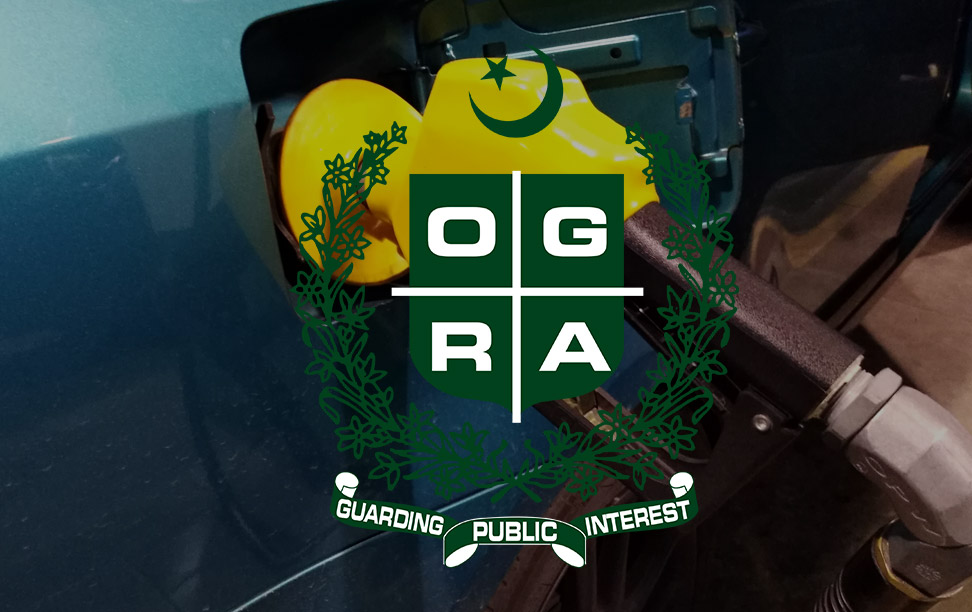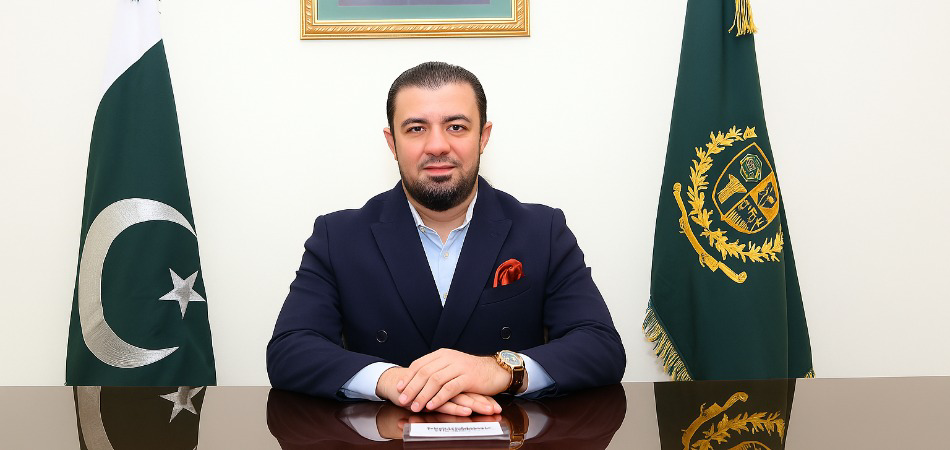OGRA's current law fails to address retailer safety: FPCCI

By MG News | November 28, 2024 at 10:46 AM GMT+05:00
November 28, 2024 (MLN): Atif Ikram Sheikh, President FPCCI, has demanded that the country needs a new law for its Oil & Gas Regulatory Authority (OGRA) to reflect the ground realities of the LPG supply chain in the country and make the regulatory environment facilitative, enabling, and fair to all stakeholders and consumers.
Atif Ikram Sheikh elaborated that OGRA's current law does not include retailers and ends with the distributors.
He explained that this gap is the reason so many accidents are happening at the retail level.
He emphasized that distributors should also be legally bound to provide data on their supplies to the retail shops. "We need to bring all industry players under the law, make them obtain the required licenses, and ensure they follow the national regulations on LPG," he added.
It is pertinent to note that Mr. Masroor Khan, Chairman OGRA, and Mr. Syed Hassan Ali Naqvi, Commissioner Karachi, visited the FPCCI Head Office at Federation House, Karachi, on Monday to discuss issues related to the enforcement of the supply chain, pricing, storage, quality control, and health, safety, and environment regulations and standards set for the LPG sector.
Atif Ikram Sheikh apprised that this was OGRA Chairman’s third meeting at FPCCI during 2024, demonstrating the critical nature of the issues and the seriousness of the stakeholders in finding solutions.
The OGRA Chairman was also accompanied by three senior executive directors of the institution.
Atif Ikram Sheikh maintained that FPCCI wants OGRA to control the unregulated and unlicensed players in the LPG industry, as the unregulated sector is putting the lives and livelihoods of consumers and businesses in Pakistan at risk.
He added that there should be strict regulations for LPG filling stations or shops to open and operate, along with stringent standardization of LPG cylinders and quality assurance.
Saquib Fayyaz Magoon, SVP FPCCI, highlighted that, in the context of a rising population and depleting natural gas reserves, Pakistan should be prepared to manage the ever-increasing LPG consumption.
He suggested that the country could turn this challenge into an opportunity by attracting foreign direct investment (FDI) into the LPG industry in collaboration with the private sector.
Saquib Fayyaz Magoon further explained that Pakistani businessmen could establish joint ventures (JVs), set up collaborative cylinder manufacturing factories, facilitate technology transfer, and establish certification, validation, and audit labs for the LPG industry.
He also raised the issue that the petroleum industry imports over $8 billion annually and exports only $200 million, questioning how the country can achieve some form of import substitution.
Ali Haider, Convener of FPCCI’s Central Standing Committee on LPG Industry, stressed that only licensed LPG industry players are following the law, regulations, and standards, while the unlicensed players are gaining an unfair advantage.
He pointed out that the LPG margins issue has been lingering since 2016 and now is the time for OGRA to establish a mechanism to resolve the issue in consultation with the business community.
Masroor Khan, Chairman OGRA, informed the session that the share of LPG in the national energy mix has doubled from 1% to 2% and is expected to continue rising steadily for many years.
He emphasized the need for world-class manufacturing facilities for cylinders, bowser trucks, and other related equipment to meet the fast-growing demand.
Syed Hassan Ali Naqvi, Commissioner Karachi, noted that despite the tremendous efforts of law enforcement and administrative departments, the government remains deeply concerned about LPG-related accidents and loss of life.
He added that this is an ongoing process, and hundreds of shops have been brought into compliance with the law.
Additionally, the provincial ombudsman has recommended that the OGRA law be updated to make it more powerful, applicable, and capable of enforcing safety standards.
Copyright Mettis Link News
Related News
| Name | Price/Vol | %Chg/NChg |
|---|---|---|
| KSE100 | 132,726.77 98.46M |
-0.51% -676.42 |
| ALLSHR | 83,016.48 545.53M |
-0.21% -171.58 |
| KSE30 | 40,400.55 35.43M |
-0.62% -250.91 |
| KMI30 | 191,096.90 39.81M |
-0.51% -987.02 |
| KMIALLSHR | 55,722.20 279.05M |
-0.22% -125.50 |
| BKTi | 36,228.15 6.21M |
-0.53% -194.73 |
| OGTi | 28,270.86 7.31M |
-0.59% -166.75 |
| Symbol | Bid/Ask | High/Low |
|---|
| Name | Last | High/Low | Chg/%Chg |
|---|---|---|---|
| BITCOIN FUTURES | 109,165.00 | 109,545.00 108,625.00 |
-50.00 -0.05% |
| BRENT CRUDE | 70.10 | 70.13 69.85 |
-0.05 -0.07% |
| RICHARDS BAY COAL MONTHLY | 97.50 | 0.00 0.00 |
2.05 2.15% |
| ROTTERDAM COAL MONTHLY | 106.65 | 106.65 106.25 |
0.50 0.47% |
| USD RBD PALM OLEIN | 998.50 | 998.50 998.50 |
0.00 0.00% |
| CRUDE OIL - WTI | 68.27 | 68.31 67.78 |
-0.06 -0.09% |
| SUGAR #11 WORLD | 16.15 | 16.37 16.10 |
-0.13 -0.80% |
Chart of the Day
Latest News
Top 5 things to watch in this week
Pakistan Stock Movers
| Name | Last | Chg/%Chg |
|---|
| Name | Last | Chg/%Chg |
|---|

.jpeg)
.png)
